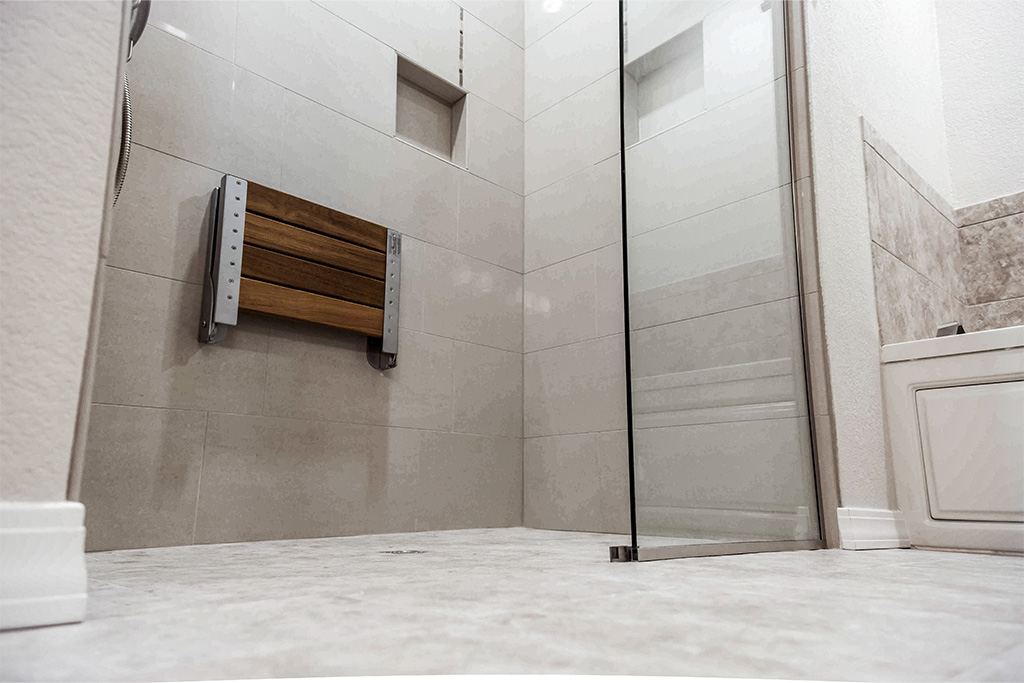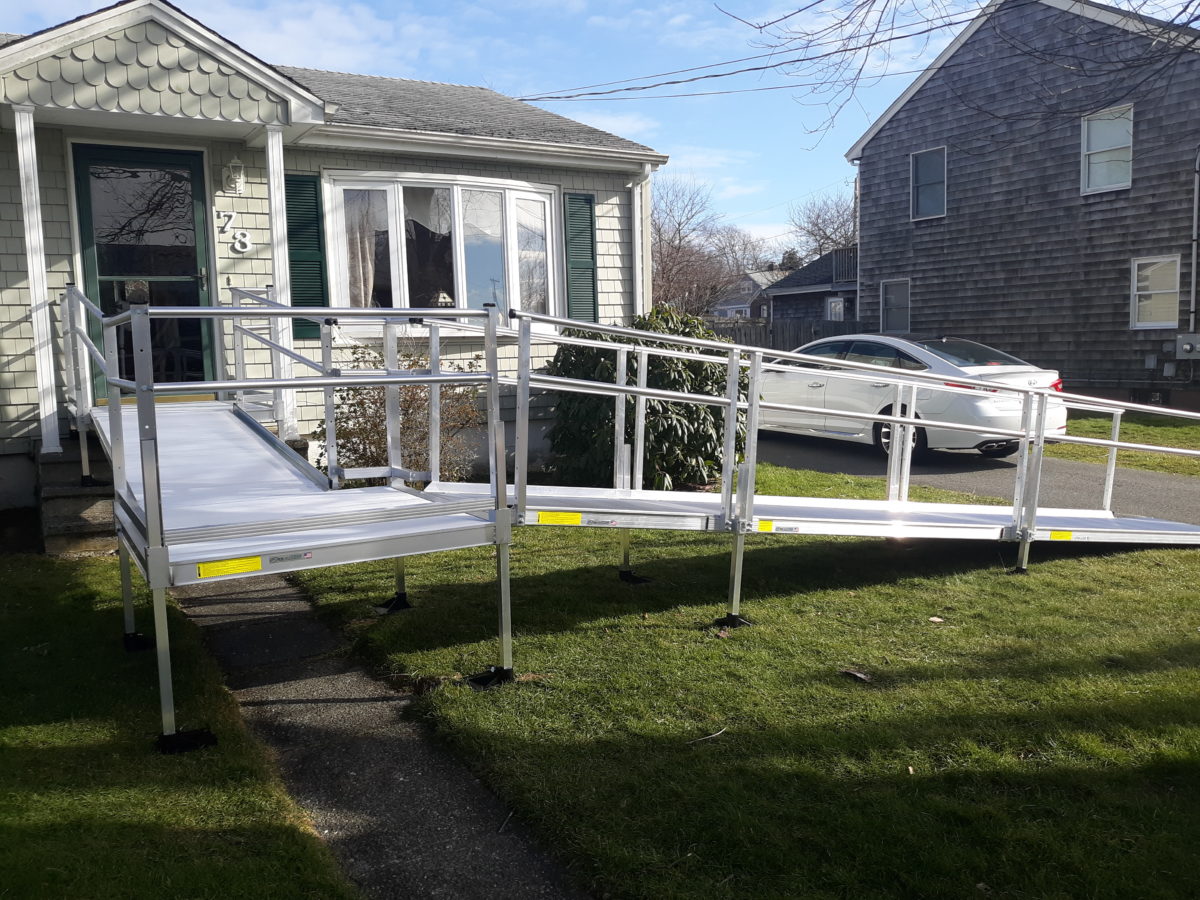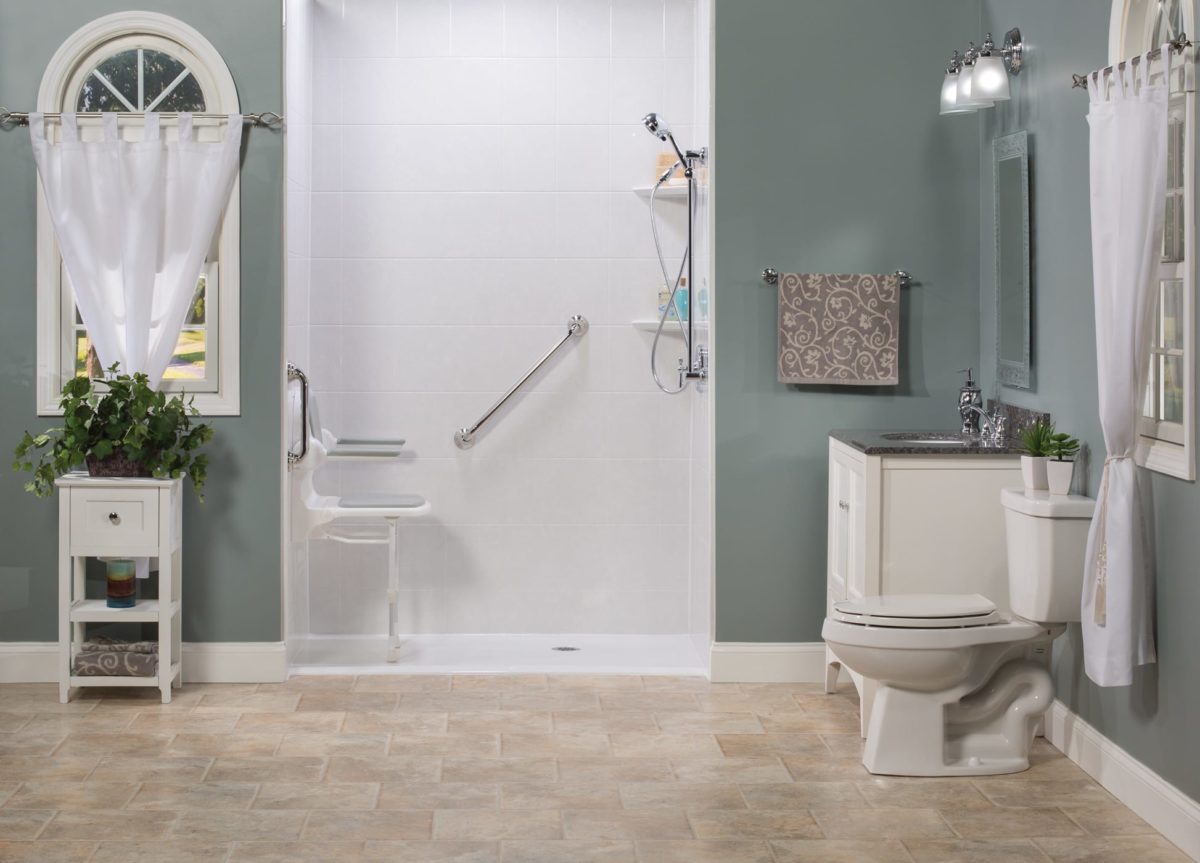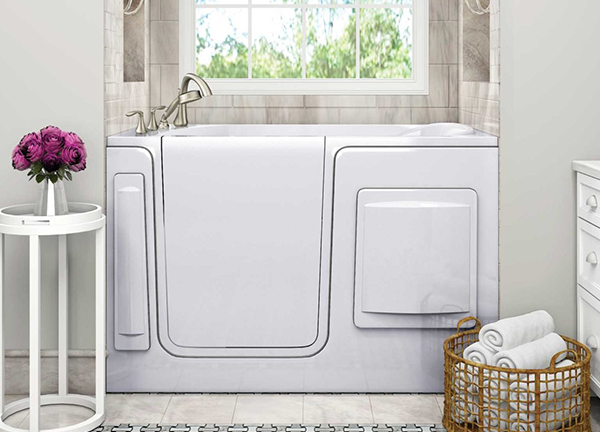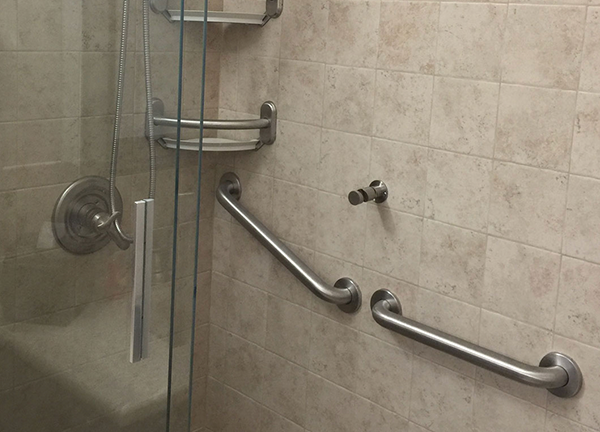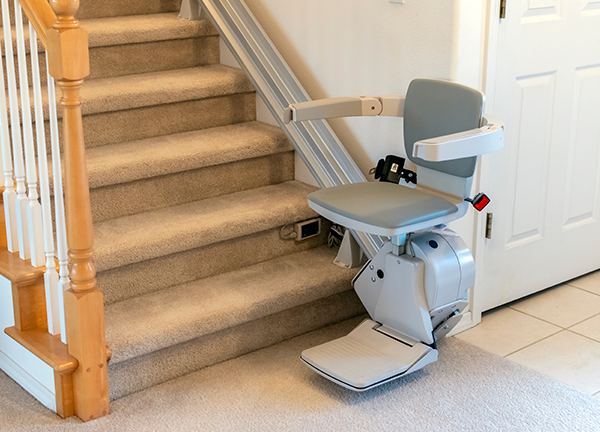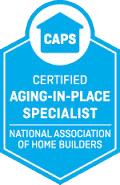Alzheimer’s is a progressive brain disorder that gradually impairs memory, thinking skills, and the ability to carry out simple tasks. This disease affects millions of people worldwide, and as it progresses through its stages, the impact on mobility becomes more pronounced. Understanding each stage of Alzheimer’s and how it affects mobility is crucial for caregivers, seniors, and home health professionals. By making adjustments to home environments, we can significantly improve the quality of life for those living with Alzheimer’s.
Mobility Needs at Each Stage
Early Stage Maintaining Independence with Minimal Support
In the early stage of Alzheimer’s, individuals may experience mild memory lapses and have difficulty with planning or organizing. However, they can still perform most daily activities independently. Mobility is usually not severely affected, but small changes can make a big difference in maintaining their independence.
Simple modifications, such as installing grab bars in the bathroom and ensuring clear pathways free of obstacles, can prevent falls and provide support. Mobility aids like canes or walkers can offer added stability for those who begin to feel unsteady. Encouraging regular physical activity and exercises designed to improve balance and strength can also be beneficial at this stage.
Additionally, Home Mobility Pros can conduct a home assessment to identify potential hazards and suggest minor modifications that promote safety while preserving the individual’s independence.
Middle Stage Increasing Dependence and Need for Safety Measures
As Alzheimer’s progresses to the middle stage, memory loss and confusion become more pronounced. Individuals may struggle with recognizing familiar faces and places, leading to increased anxiety and agitation. Mobility issues become more evident, and there is a growing need for safety measures to prevent accidents.
In this stage, home modifications should focus on enhancing safety and providing support for daily activities. Installing handrails along hallways and stairs, non-slip mats in the bathroom, and adequate lighting throughout the home are essential. Mobility aids such as walkers or wheelchairs may become necessary to ensure safe movement.
Home Mobility Pros can assist by offering a range of mobility aids and equipment tailored to the needs of individuals in the middle stage of Alzheimer’s. Our team can provide personalized recommendations and training to caregivers on how to use these aids effectively.
Late Stage Full Dependence and Specialized Care Requirements
In the late stage of Alzheimer’s, individuals require full-time care and assistance with all aspects of daily living. Mobility is significantly compromised, and they may be bedridden or require a wheelchair for movement. At this stage, creating a safe and comfortable environment is of utmost importance.
Home modifications, such as ensuring easy access to bathrooms, installing grab bars, non-slip mats, and shower chairs, can significantly improve the quality of life for individuals with mobility issues. Grab bars provide essential support and stability, reducing the risk of falls, especially in wet environments like bathrooms. Non-slip mats add an extra layer of safety by preventing slips on wet or smooth surfaces. Shower chairs offer a comfortable and stable seating option, making it easier and safer for individuals with mobility issues to bathe independently. Together, these modifications create a safer and more accessible environment.
Home Mobility Pros can play a crucial role in this stage by providing customized home modifications.
Recommendations for Home Modifications and Mobility Aids
Early Stage Practical Solutions for Independence
For individuals in the early stage of Alzheimer’s, maintaining independence with minimal support is key. Here are some practical solutions:
-
- Install grab bars in the bathroom and near stairs to provide additional support.
- Ensure clear pathways by removing clutter and securing loose rugs to prevent tripping.
- Use mobility aids like canes or walkers for added stability.
- Encourage regular exercise to improve balance and strength.
Middle Stage Enhancing Safety and Support
In the middle stage, increased dependence and safety concerns necessitate more comprehensive home modifications:
-
- Install handrails along hallways and stairs to provide support.
- Use non-slip mats in the bathroom and ensure adequate lighting to prevent falls.
- Introduce mobility aids such as rollators or wheelchairs to facilitate safe movement.
- Consider motion sensors and alarm systems to monitor movements and alert caregivers of potential issues.
Late Stage Creating a Safe and Comfortable Environment
For individuals in the late stage of Alzheimer’s, specialized care and home modifications are essential:
-
- Use hospital beds with adjustable features for comfort and ease of care.
- Ensure easy access to bathrooms with shower chairs or commodes for hygiene and dignity.
- Widening doorways and creating ramp entrances may be necessary for wheelchair access.
- Tub-to-shower conversion and handheld shower heads make bathing easier for individuals with mobility issues.
How Home Mobility Pros Can Support
Home Mobility Pros offers comprehensive support for families dealing with Alzheimer’s. We provides personalized home assessments to identify potential hazards and recommend appropriate modifications. Our team works closely with caregivers and health professionals to create a safe and supportive environment customized to the needs of individuals with Alzheimer’s. Home Mobility Pros offers a wide range of mobility aids and equipment designed to enhance safety and comfort at each stage of Alzheimer’s.
Adapting Mobility Solutions for Each Stage of Alzheimer’s
Adapting your home environment to meet the changing mobility needs of individuals with Alzheimer’s is crucial for their safety and comfort. By understanding the progression of the disease and implementing appropriate modifications, caregivers can significantly improve the quality of life for their loved ones.
If you are caring for someone with Alzheimer’s, consider reaching out to Home Mobility Pros. Our expertise in home assessments, mobility aids, and collaboration with healthcare professionals can provide the support you need to create a safe and supportive environment. Contact Home Mobility Pros today to learn more about their services and how they can help you and your loved ones.

